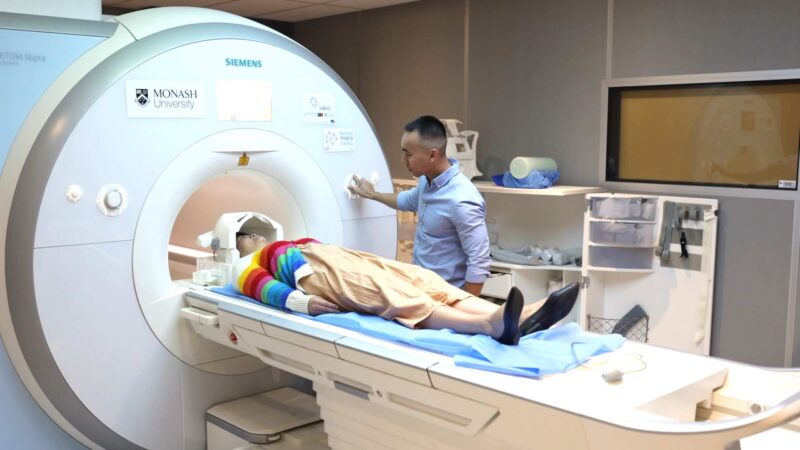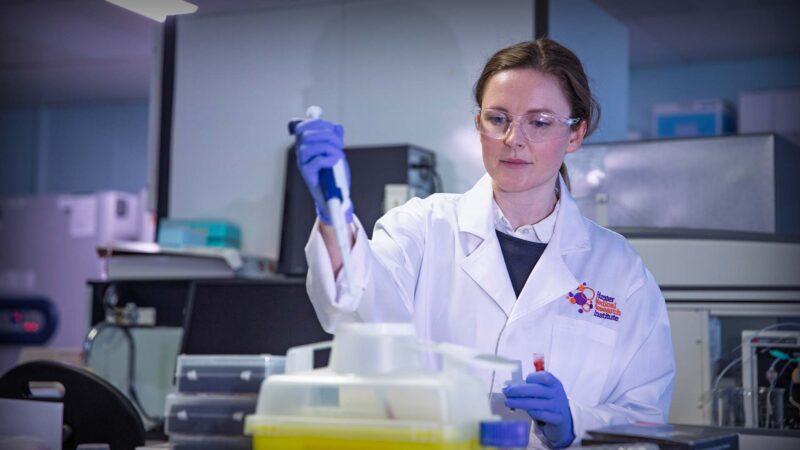RESEARCHER PROFILE
Professor Divya Mehta, Principal Research Fellow
Stress Genomics Laboratory, School of Biomedical Sciences
QUT (Queensland University of Technology), Australia
Understanding the interaction between genes and lifestyle factors in response to stress can lead to potential therapeutic interventions for stress-related disorders. This research is crucial for promoting health and well-being.
Professor Divya Mehta works as a Principal Research Fellow at the Stress Genomics Laboratory, in QUT (Queensland University of Technology) in Australia, specialising in stress genomics and mental health. Her education started in the UK with undergraduate and Masters, followed by her PhD in Germany and postdoctoral at Max Planck Institute of Psychiatry. 11 years ago Professor Mehta moved to Australia.
Her focus is research is understanding how genes and lifestyle factors interact to drive our response to stress, particularly in emergency responders, veterans, and elite athletes, with a focus on epigenetics.
Epigenetics are the dynamic part of our DNA, that change across our lifetime in response to stress, exercise, social support, and nutrition, impacting our overall health.
Social support can reduce and reverse negative impacts of stress on genes, leading to potential therapeutic interventions for stress-related disorders.
Research at the intersection of statistics, genomics, and mental health can provide valuable insights into the devastating impact of mental health disorders on individuals, families, and communities.
Professor Mehta has recently commenced research into elite athlete physical and mental health impact performance, with research at the intersection of statistics, genomics, and mental health. This research is ahead of, and in anticipation of, the Summer Olympics in Brisbane in 2032.
Understanding the drivers of health and well-being is crucial for ensuring a happy and healthy life, which is Professor Mehta’s passion. Outside of the work environment, she also enjoys sports, volunteering for animal rescue, and spending time with family.
You Might also like
-
Dr James Pang
DR JAMES PANG, RESEARCH FELLOW
TURNER INSTITUTE FOR BRAIN AND MENTAL HEALTH, MONASH UNIVERSITY
VICTORIA, AUSTRALIA -
Healthcare associated infection prevention
Professor Philip Russo is an internationally regarded expert in healthcare associated infection prevention, and led the recently completed the Australian National Healthcare Associated Infection Point Prevalence Survey, the first in Australia for 34 years. He is also Past President of the Australasian College for Infection Prevention and Control (ACIPC), the peak body for Infection Prevention and Control professionals in the Australasian region.
-
Biomarkers for early sepsis detection
Dr Gabrielle Briggs is a biomedical scientist dedicated to finding smarter, faster ways to diagnose and treat life threatening complications in critically ill patients. Dr Briggs established a research laboratory embedded within the John Hunter Hospital – one of the busiest major trauma centres in NSW. Dr Briggs works alongside surgeons, intensivists, and pathologists to turn complex clinical problems into practical research solutions. Her work spans two major programs: developing a rapid diagnostic test to detect bacterial infections in blood before sepsis takes hold, and exploring mitochondrial transplantation as a novel therapy to rescue injured tissues after trauma and ischaemia.



